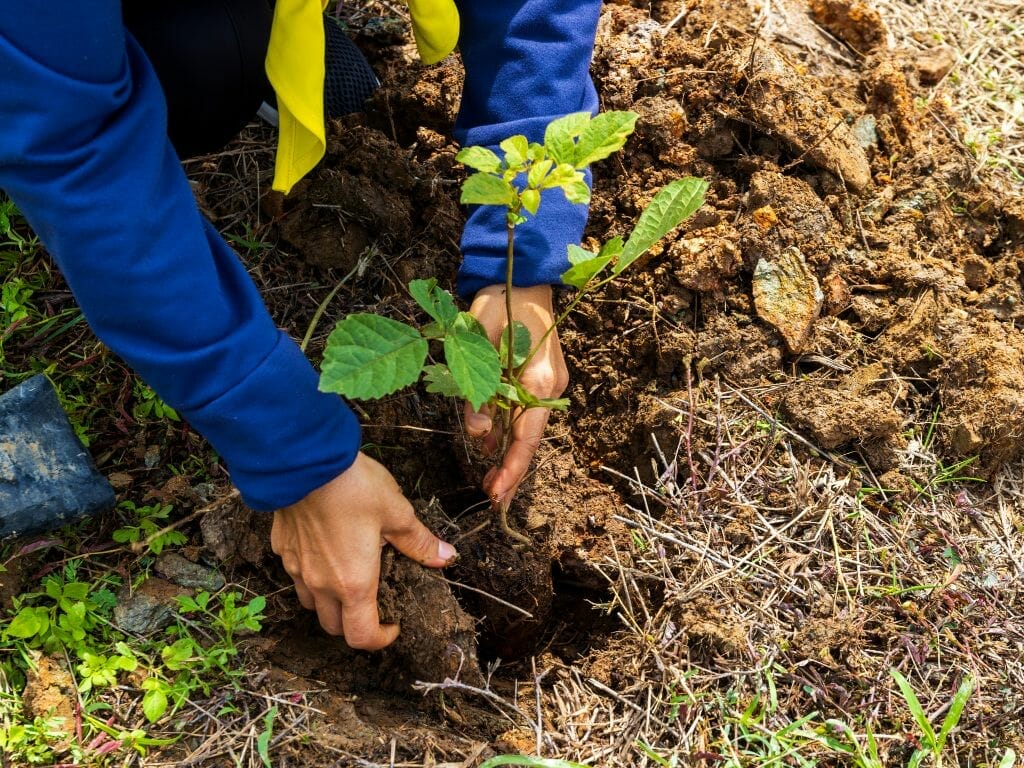10 Facts on Singapore’s Policies for a Greener Environment
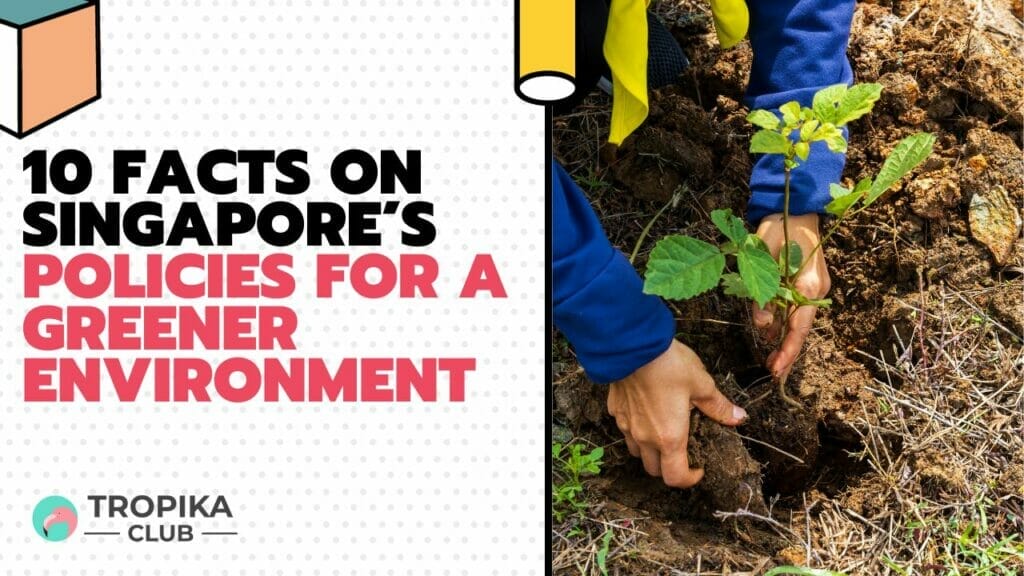
No Time to Read? Here’s a Snappy Summary of This Article
- Urban Jungle Goes Green: Singapore’s policy makeover turns concrete jungles into lush, eco-conscious cityscapes.
- Solar-Powered Skyline: Solar panels and clean energy are changing Singapore’s skyline, making it greener and more sustainable.
- Biodiversity Bliss: Singapore is committed to preserving its unique biodiversity with extensive conservation efforts.
- Business Eco-Boost: Incentives and grants drive businesses to embrace sustainability, fostering a greener corporate landscape.
- Carbon Footprint Crush: Singapore’s plan involves cutting carbon emissions by investing in renewables and boosting energy efficiency.
- Citizen Green Heroes: Everyone can play a role in Singapore’s green journey by adopting eco-habits and supporting local initiatives.
Table of Contents
- No Time to Read? Here’s a Snappy Summary of This Article
- 1. Singapore aims to achieve net zero emissions as soon as viable
- 2. Singapore plans to quadruple its solar energy deployment by 2025
- 3. Singapore aims to reduce water consumption by 10 litres per person per day by 2030
- 4. Singapore targets to produce 30 percent of its nutritional needs locally by 2030
- 5. Singapore aims to reduce the waste sent to landfill by 30 percent by 2030
- 6. Singapore plans to plant one million more trees by 2030
- 7. Singapore aims to have at least 20 percent of schools be carbon neutral by 2030
- 8. Singapore targets to have more than 80 percent of its buildings be green by 2030
- 9. Singapore aims to have all vehicles run on cleaner energy by 2040
- 10. Singapore plans to host the World Cities Summit in 2023
- Meanwhile, Check Out Tropika Club’s Ecosystem of Websites
Introduction
Singapore is a green city that prides itself on its clean and green image. But it is not resting on its laurels. The city-state has recently launched the Singapore Green Plan 2030, a comprehensive and ambitious roadmap to achieve its environmental and sustainability goals over the next decade. The plan covers various aspects of Singapore’s development, from energy and water to food and waste, and seeks to involve the whole nation in building a greener and more liveable home.
Here are 10 facts on Singapore’s policies for a greener environment that you should know:
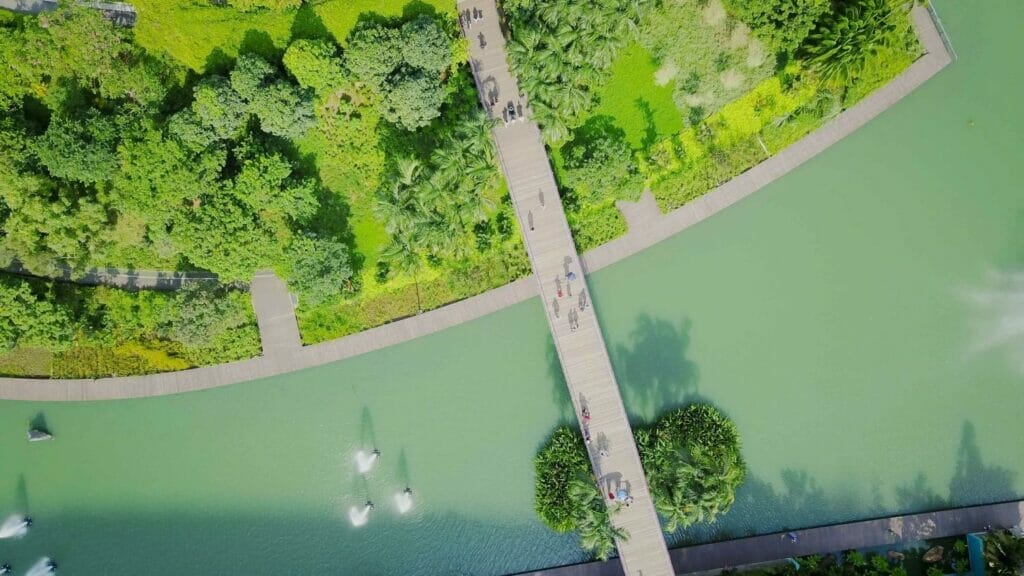
1. Singapore aims to achieve net zero emissions as soon as viable
Singapore has pledged to peak its greenhouse gas emissions by 2030 and halve them by 2050, with the aim of achieving net zero emissions as soon as viable in the second half of the century. This is in line with the Paris Agreement, which seeks to limit global warming to well below 2°C above pre-industrial levels. To achieve this, Singapore will adopt a multi-pronged approach that includes reducing emissions, enhancing carbon sinks, using low-carbon technologies and participating in international cooperation.
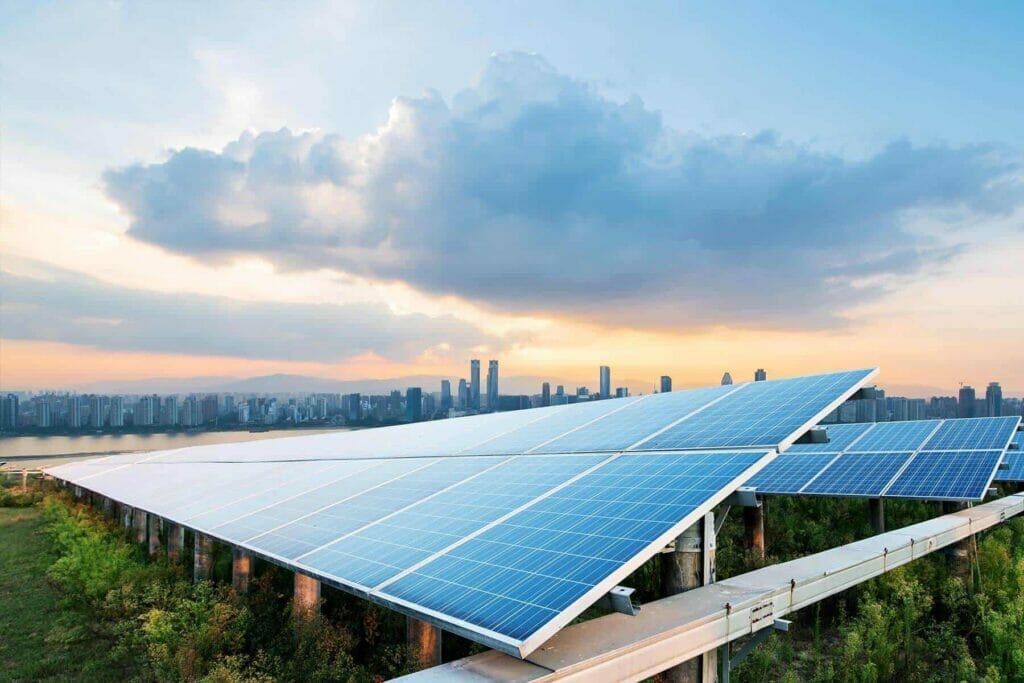
2. Singapore plans to quadruple its solar energy deployment by 2025
Solar energy is the most promising renewable energy source for Singapore, given its abundant sunshine and limited land area. Singapore plans to increase its solar energy deployment from about 260 megawatt-peak (MWp) in 2019 to at least 1.5 gigawatt-peak (GWp) by 2025. This will be achieved by installing more solar panels on rooftops, reservoirs, offshore platforms and other spaces. Solar energy will help reduce Singapore’s reliance on fossil fuels and lower its carbon footprint.

3. Singapore aims to reduce water consumption by 10 litres per person per day by 2030
Water is a precious resource for Singapore, which faces challenges such as climate change, population growth and urbanisation. Singapore aims to reduce its water consumption from 141 litres per person per day in 2019 to 130 litres by 2030. This will be achieved by enhancing water efficiency, promoting water conservation and raising public awareness. Water conservation will help ensure Singapore’s water security and resilience.
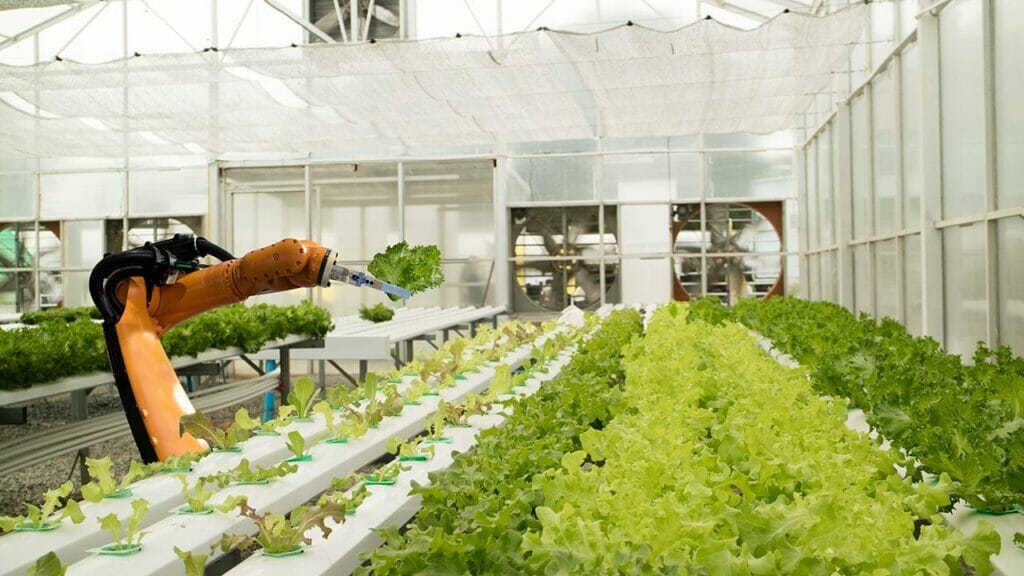
4. Singapore targets to produce 30 percent of its nutritional needs locally by 2030
Food is another essential resource for Singapore, which imports over 90 percent of its food supply from more than 170 countries. Singapore targets to produce 30 percent of its nutritional needs locally by 2030, up from less than 10 percent today. This will be achieved by supporting local farms, investing in research and innovation, and encouraging urban farming. Food production will help diversify Singapore’s food sources and enhance its food security.
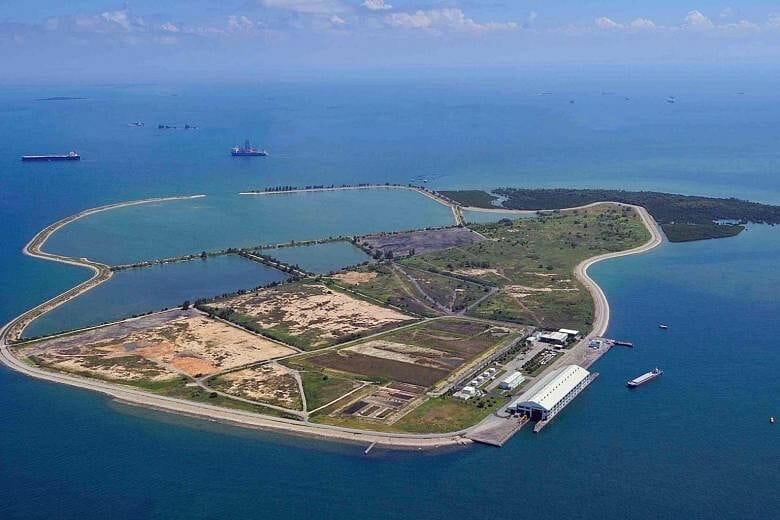
5. Singapore aims to reduce the waste sent to landfill by 30 percent by 2030
Waste is a major environmental issue for Singapore, which has limited land space for disposal. Singapore aims to reduce the waste sent to landfill by 30 percent by 2030, down from about 1.49 million tonnes in 2019. This will be achieved by adopting a circular economy approach that minimises waste generation, maximises resource recovery and extends product lifespan. Waste reduction will help conserve natural resources and prolong the lifespan of Semakau Landfill, the only landfill in Singapore.
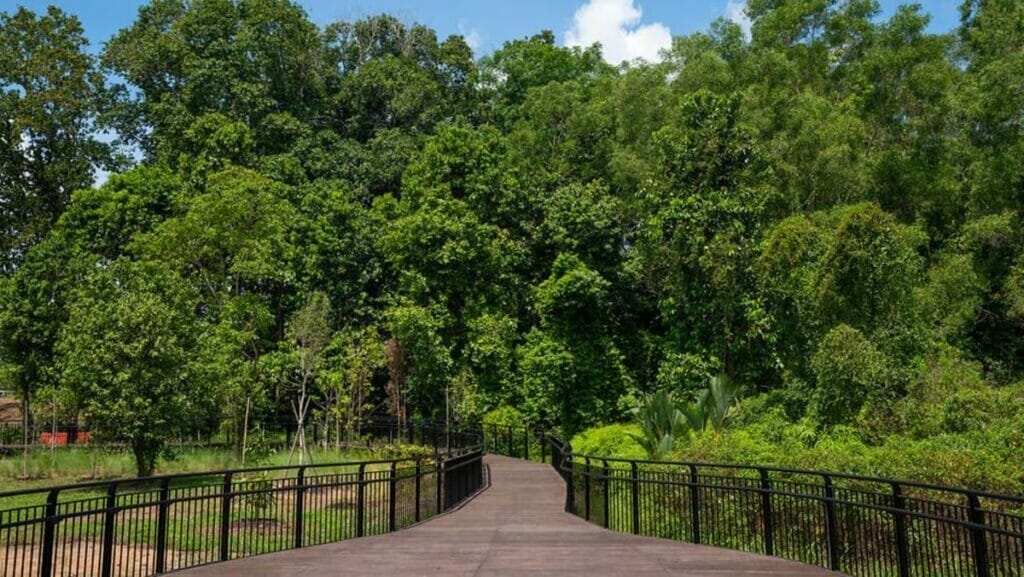
6. Singapore plans to plant one million more trees by 2030
Trees are vital for Singapore’s environment, as they provide shade, cool the air, absorb carbon dioxide, support biodiversity and beautify the landscape. Singapore plans to plant one million more trees by 2030, adding to the existing seven million trees across the island. This will be achieved by expanding green spaces, restoring nature habitats and engaging the community. Tree planting will help enhance Singapore’s greenery and livability.
_
Read Also:
6 Things Everyone Gets Wrong About Cats
_
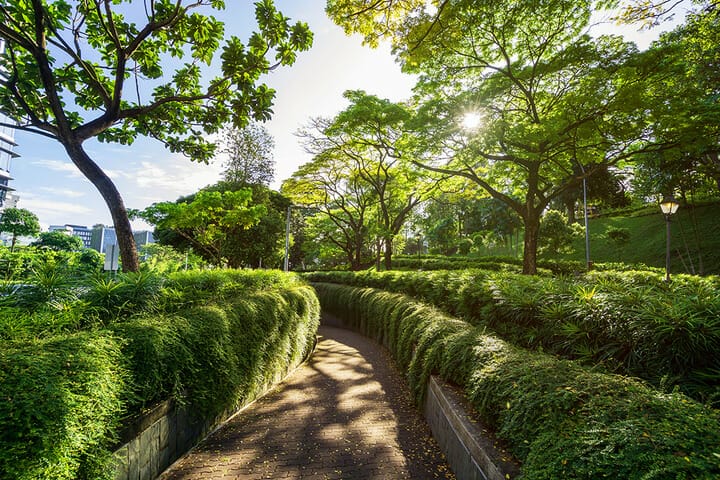
7. Singapore aims to have at least 20 percent of schools be carbon neutral by 2030
Schools are important institutions for Singapore’s education and future. Singapore aims to have at least 20 percent of schools be carbon neutral by 2030, meaning that they will have zero net emissions of greenhouse gases. This will be achieved by improving energy efficiency, using renewable energy, reducing waste and promoting green culture. Carbon neutrality will help schools contribute to Singapore’s climate action and inspire the next generation of green leaders.
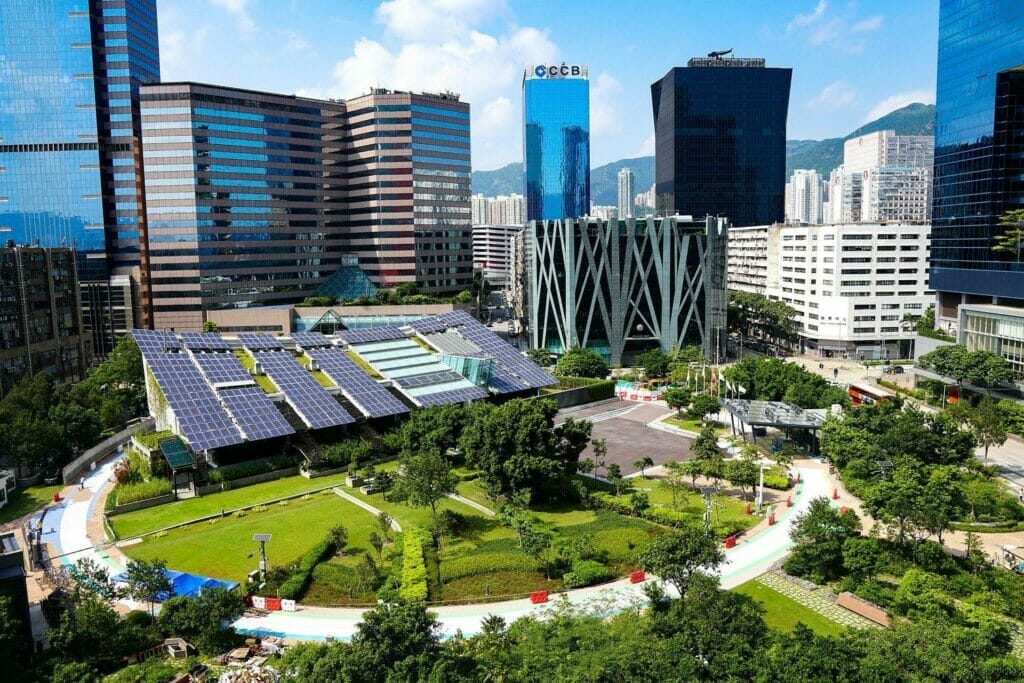
8. Singapore targets to have more than 80 percent of its buildings be green by 2030
Buildings are significant consumers of energy and water in Singapore, accounting for about 40 percent of its electricity use and 15 percent of its water demand. Singapore targets to have more than 80 percent of its buildings be green by 2030, up from about 40 percent today. This will be achieved by enhancing green building standards, retrofitting existing buildings, incentivising green practices and raising public awareness. Green buildings will help reduce Singapore’s environmental impact and improve its quality of life.
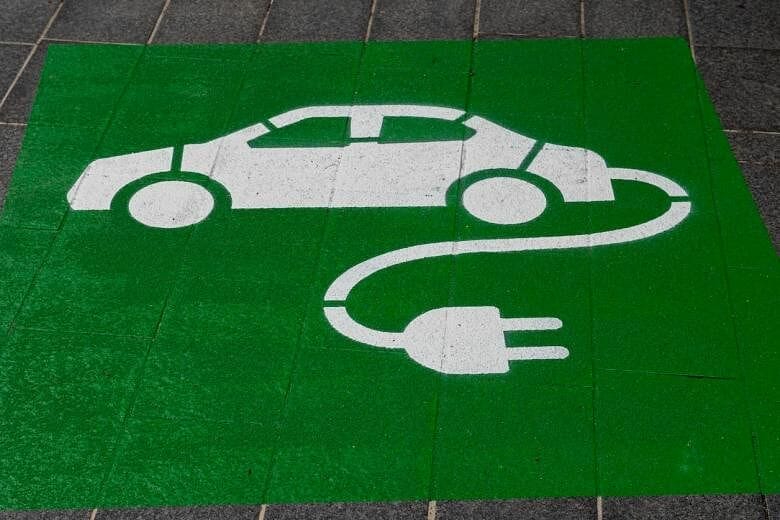
9. Singapore aims to have all vehicles run on cleaner energy by 2040
Vehicles are major sources of air pollution and greenhouse gas emissions in Singapore, contributing to about 15 percent of its carbon emissions. Singapore aims to have all vehicles run on cleaner energy by 2040, phasing out internal combustion engine vehicles and encouraging the adoption of electric vehicles and other low-carbon alternatives. This will be achieved by expanding charging infrastructure, providing incentives and grants, regulating emissions standards and educating consumers. Cleaner energy vehicles will help improve Singapore’s air quality and climate resilience.
10. Singapore plans to host the World Cities Summit in 2023
The World Cities Summit is a biennial event that brings together leaders and experts from around the world to discuss urban challenges and solutions. Singapore plans to host the World Cities Summit in 2023, showcasing its achievements and aspirations as a green city. The summit will also provide a platform for Singapore to exchange ideas, forge partnerships and learn from best practices with other cities. Hosting the World Cities Summit will help enhance Singapore’s reputation and influence as a global leader in sustainability.
Conclusion
Singapore is a green city that has a vision of a greener future. By implementing various policies and initiatives, it hopes to achieve its environmental and sustainability goals by 2030 and beyond. By doing so, it will not only protect its own interests, but also contribute to the global efforts to combat climate change and preserve the planet for future generations.

Frequently Asked Questions (FAQ)
Q: What are Singapore’s key environmental policies for a greener future?
A: Singapore’s policies focus on sustainable urban planning, clean energy adoption, and eco-friendly transportation to reduce carbon emissions.
Q: How does Singapore promote eco-conscious living among its residents?
A: Singapore encourages eco-conscious living through initiatives like recycling programs, water conservation campaigns, and green technology adoption.
Q: What measures is Singapore taking to protect its biodiversity?
A: Singapore implements conservation efforts, including preserving natural habitats and creating green spaces to protect its rich biodiversity.
Q: Are there incentives for businesses to adopt sustainable practices in Singapore?
A: Yes, Singapore offers incentives and grants to businesses embracing sustainable practices and green innovation.
Q: How does Singapore plan to achieve its carbon reduction goals?
A: Singapore aims to achieve its carbon reduction goals by investing in renewable energy sources and enhancing energy efficiency.
Q: What role do citizens play in supporting Singapore’s green policies?
A: Citizens can contribute by adopting eco-friendly habits, participating in community clean-ups, and supporting local green initiatives.

Have an Article to Suggest?
Tropika Club is always looking for new and exciting content to feature in their magazine and they value the input of our readers. If you have any noteworthy content or articles that you believe would be a great addition to Tropika Club’s magazine, we are open to suggestions and encourage you to reach out to us via email at [email protected]. By doing so, Tropika Club values your expertise and knowledge in the matter and appreciates your willingness to help. We will review your recommendations and update our list accordingly
Meanwhile, Check Out Tropika Club’s Ecosystem of Websites

Tropika Club Magazine – Tropika Club Magazine is a Singapore-based publication that features articles on a wide range of topics with a focus on local businesses and content for the region. The magazine emphasizes supporting local businesses through its #SupportLocal initiative, which includes coverage of everything from neighborhood hawker stalls to aesthetic clinics in town. In addition to highlighting local businesses, Tropika Club Magazine also covers a variety of local content, including beauty, lifestyle, places, eats, and what’s on in Singapore and the Asia Pacific region.
Tropika Club Deals – Tropika Club Deals is a leading online deals and voucher shopping site in Singapore, offering amazing discounts on beauty, wellness, and fitness products and services. It’s the perfect platform for customers who want to discover the best deals without having to commit to a specific appointment date and time. These deals are available at major beauty stores, facial salons, hair salons, and other brands in Singapore, with no minimum spend required. Choose from guaranteed discounted deals in the categories of hairstyling, hair removal, facial & aesthetics, body slimming, brows & lashes, nails & makeup, massage & spa or fitness & wellness. Tropika Club Deals is also ideal for customers who want to buy vouchers as gifts or to use for the future. So whether you’re looking to save money on your next haircut or want to treat yourself to a relaxing massage, Tropika Club Deals has got you covered with the best voucher and coupon deals in Singapore!



